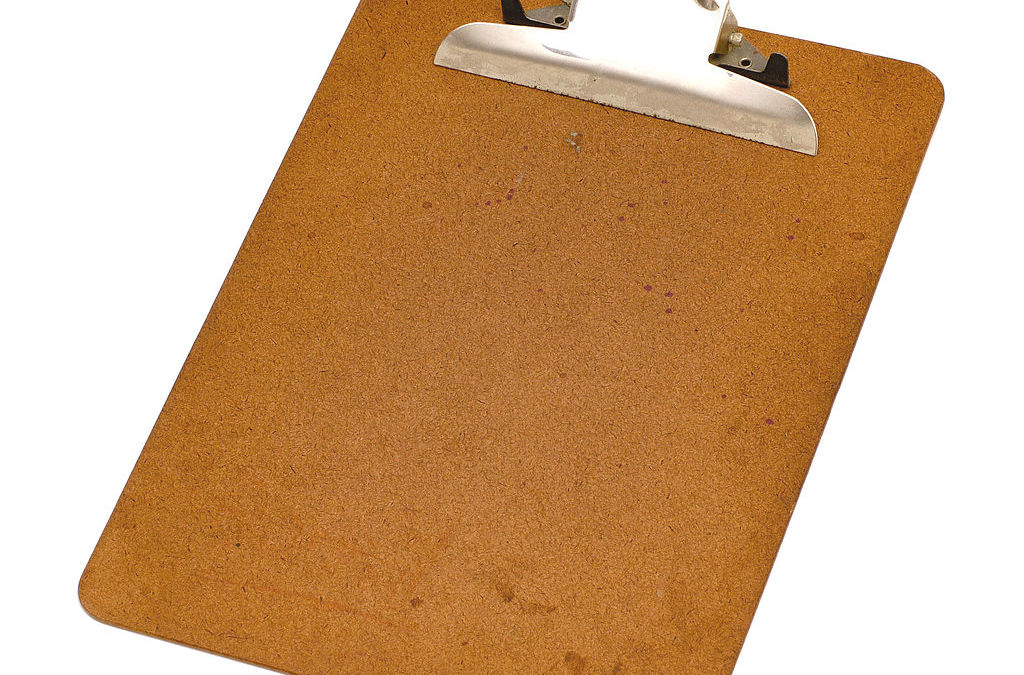Healthcare Reimbursement Accounts (HRAs) can be a great way to pay for medical expenses not covered by your health care plan. The pre-tax deduction taken out of your paycheck can also help reduce your tax burden.
Participants in HRAs determine how much their out-of-pocket medical expenses will be for the coming year, and then the employer deducts an amount from their pay before taxes. For example, if you believe your expenses will be $1,200 over the calendar year, and you are paid twice monthly, your employer will deduct an addition $50 from your pay every pay period.
One of the benefits of an HRA is that large health care co-payments or deductibles may be withdrawn from your pay over time. In other words, if you your have a $1,000 co-payment for a hospital stay in February, some HRAs will reimburse you immediately, even though your monthly HRA deduction is only $100 per month for the calendar year. HRAs differ in their reimbursement policies, so check with your benefits administrator to learn more about yours.
The keys to making an HRA work for you is understanding what your particular health care plan covers and accurately predicting how much you will need to have deducted from your pay to cover out-of-pocket medical expenses during the upcoming calendar year. The Internal Revenue Service code states that any unused HRA funds are forfeited, so accurate planning is vital.
Here are some tips about how to estimate your future medical costs:
- Look at last year’s medical expenditures to determine the ones that are likely to repeated, like prescription drug co-payments or annual visits to the doctor.
- Consider any one-time needs, such as vision correction eye surgery.
- To be on the safe side, underestimate your expenses.
- Add in some non-critical covered expenses that you could spend HRA funds on in December, such as prescription sunglasses or a spare pair of contact lenses. That way you’ll have HRA funds available for an unexpected trip to the emergency room but won’t have to forfeit the funds if there are no medical surprises during the year.
Most HRAs cover co-payments and other expenses not paid for by your health insurance plan. The following is a list of some of the eligible expenses:
- Deductibles and co-payments not paid by your health care insurance
- Eyeglasses and trips to optometrist
- Contact lenses and contact lens solutions
- Orthodontia
- Vision-correction eye surgery
- Weight-loss treatment prescribed by a physician to treat an illness
- Therapy
- Treatment for addiction, including smoking cessation
- Transportation to receive medical care
Not everything is covered, however. Here are some expenses generally not covered by HRAs:
- Health care premiums
- Cosmetic surgery if it is not medically necessary
- Non-prescription medication
- Nursing home care
- Marriage counseling
Be clear about your HRA’s claims reimbursement process. Some plans may provide an electronic card you use when paying your health care provider. It works like a credit card, deducting the funds directly from your HRA account. Others may require you to pay the health care provider upfront and submit a claim form for reimbursement. Receipts may be required, so be sure to save them.
Remember that the other benefit of an HRA is that you pay fewer tax dollars. HRA funds are withdrawn from your paycheck pretax, and you won’t owe taxes on the funds you withdraw for claims. Tax savings can be significant.
Check with your benefits administrator to find out if your company offers an HRA and if you are eligible.

